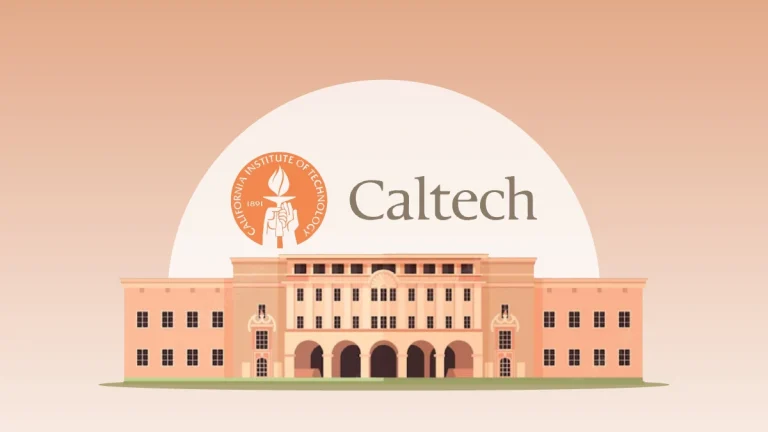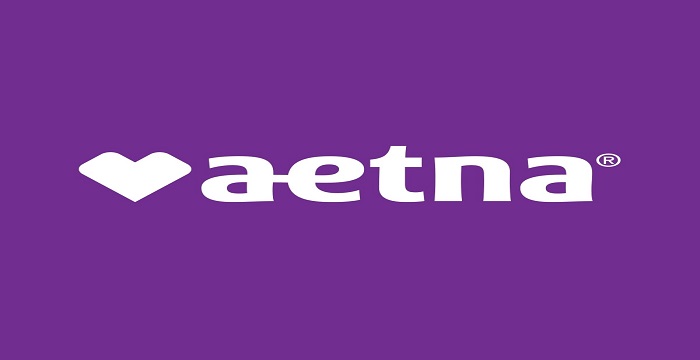
Artificial intelligence has had a tremendous impact on the subject of language learning, providing a variety of tools and approaches to improve the learning process. Here are a few significant areas where AI In Language Learning has variety of impacts.
Personalized Learning Paths:
AI may evaluate a learner’s strengths and shortcomings and recommend individualized learning plans that evolve over time. This guarantees that each learner receives content and activities that are suited to their unique requirements, which makes the learning process more efficient.

Intelligent Tutoring Systems:
AI-powered teaching systems provide interactive courses and feedback. These algorithms may replicate human interactions which also provides a quick corrections and explanations. As a result, learners can get a more engaging learning experience.
Natural Language Processing (NLP):
No doubt about NLP, which allows machines to translate and generate human language. This technology is utilized in a variety of language learning applications, including chatbots, virtual assistants, and automated essay scoring, which also enables students to practice and improve their language skills in real time.
Speech Recognition and Pronunciation:
AI-powered voice recognition technology can assess a learner’s pronunciation and provide immediate feedback. This helps learners enhance their speaking skills by highlighting particular areas for improvement.
Gamification and Adaptive Learning:
AI can improve the gamification features in language learning apps, making the process more pleasurable and encouraging. Adaptive learning algorithms alter task difficulty based on the learner’s performance, which will direct impact on learners to complete appropriate challenge level.
More Interesting Topics: AI In Fashion Industry
Immersive Learning Environments:
Moreover, AI In Language Learning can create immersive and interactive worlds with technologies such as Virtual Reality (VR) and Augmented Reality (AR). These environments allow students to practice language in replicated real-life scenarios, which improves their contextual comprehension and practical application.
Language Learning Analytics:
AI examines vast datasets to provide information about learning patterns and development. Educators can utilize this data to adapt teaching techniques and materials, ensuring that students are on track and addressing any concerns as soon as possible.
Vocabulary Building and Retention:
Plus, AI-powered apps use spaced repetition algorithms to help students remember words. These algorithms vary the frequency of word evaluations based on how well the student understands each word, ensuring maximum retention.

Cultural Nuance Understanding:
AI can assist learners in understanding cultural differences and context, which are vital for studying a language. By examining numerous sources of native content, AI can teach students about idioms, slang, and cultural references that traditional techniques may miss.
What are the Key Benefits of AI In Language Learning?
- Flexibility:
Learners can use AI-powered tools at any time and from any location, making it easier to integrate learning into their schedules.
- Engagement:
Interactive and gamified components keep students motivated and interested.
- Efficiency:
AI optimizes the learning process, making it faster and more efficient.
What are the Main Challenges?
- Accuracy:
While AI technologies are developing, they may still make blunders in translation and language comprehension.
- Dependence on Technology:
Excessive reliance on artificial intelligence tools may lessen the need for human connection and cultural immersion, both of which are required for language mastering.
- Accessibility:
Not all students have access to cutting-edge technology, which can lead to inequities in educational possibilities.
Conclusion:
To summarize, AI is changing language learning by making it more tailored, efficient, and enjoyable. As technology advances, the potential for AI to improve language instruction will only increase, providing exciting options for learners worldwide.






